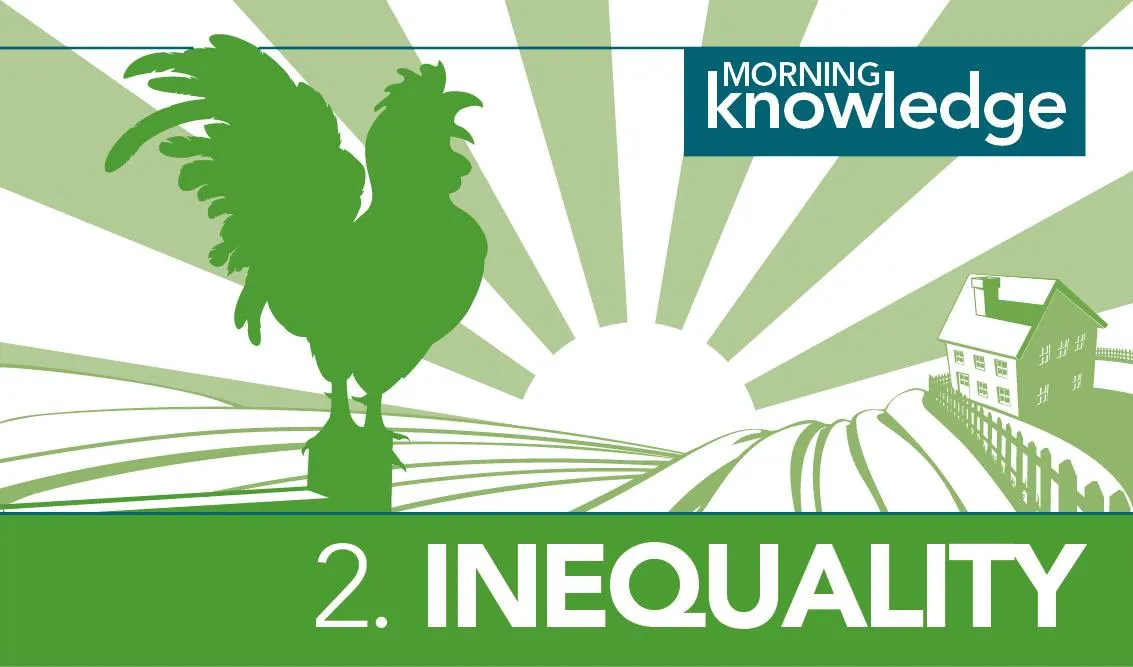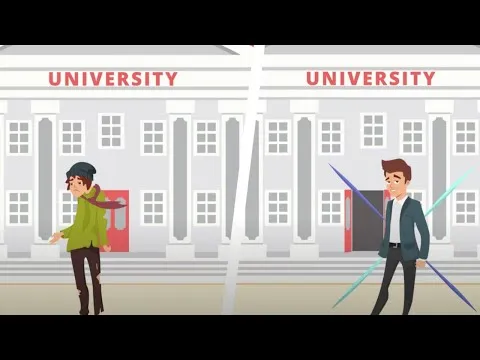
Morning Knowledge /2. Inequality
In Medieval Western Europe, at the beginning of the 14th century, the share of material wealth owned by the richest 10% was about as large as today, a study by Guido Alfani finds.
But the world was soon to become more egalitarian. In the years 1347-52, the Black Death killed about half the European population and made wealth more evenly spread. In a few years, the richest 10% lost their grip on 15-20% of the overall wealth, to the advantage of all the other sectors of society.
In general, if we look at the last seven centuries, it seems that only the worst catastrophes were able to cause a lasting levelling of the wealth distribution. European history does not offer much support to the idea that one day economic inequality will decrease on its own. But there is also reason to think that human action can shape inequality dynamics, as after World War II, when fiscal redistribution and the development of the welfare state contributed to creating a more egalitarian society.
«History does not show us whether we should want a less unequal society. Indeed, that is the object of intense political debate. What history does teach us is that if we want a less unequal society, we need to act to achieve it. Otherwise, inequality seems really destined to continue growing». Prof. Alfani concludes.
And now? How could we act to achieve more equality?
Is Inequality Unstoppable?
